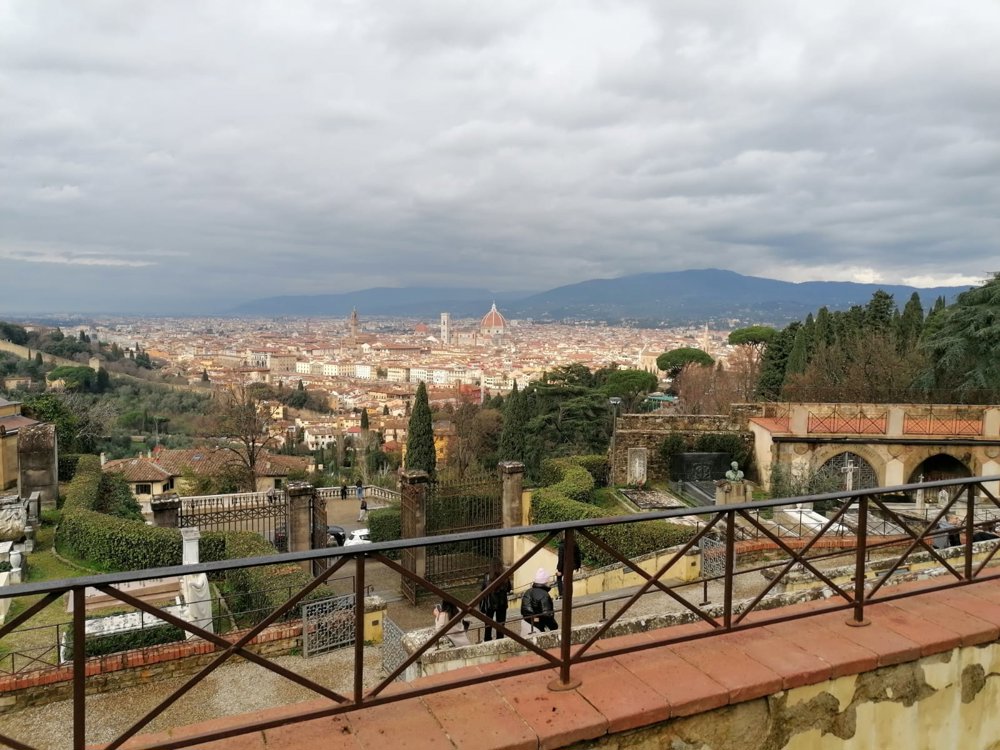
“Cedolare Secca” (flat tax)
What is “Cedolare Secca” (literally translated as "Dry Rent") and how will it work in 2024
When entering into rental contracts, it is possible to pay flat-rate tax instead of the normal individual income tax (IRPEF). Legislative Decree No. 23 of 14th March 2011 introduced a special regime for the taxation of income from rental property.
A correctly written sentence might read: If taxpayers opt for this special scheme replacing IRPEF , they may receive certain benefits, such as exemption from paying registration fees, regional and municipal additional taxes.
Cedolare secca allows the following rates to be applied:
- 21% for rental agreements for the first residential unit - property (at the owner's choice);
- 26% for rental agreements from the 2nd residential unit
- 10% for rental contracts with higher agreed rents (between associations representing landlords and tenants)
Conditions for allowing the flat-rate tax scheme (at a rate of 21%-26%) are:
- The owner is an individual not engaged in a business, artistic or professional activity
- the property must fall within cadastral categories A1 and A11
- the property must be intended for residential use
The conditions for allowing the flat-rate tax scheme (10% rate) are:
- contracts with agreed rent (between associations representing landlords and tenants),
- where one of the following conditions must be met:
a. the property must be located in municipalities with a housing shortage or in densely populated municipalities;
b. the leases must be for university students;
c. they relate directly to communities where natural disasters have occurred;
d. interim rentals which are governed by Law 431/1998.
Some of the municipalities that fall under the first point are Bari, Bologna, Catania, Florence, Genoa, Milan, Naples, Palermo, Rome, Turin, Venice, municipalities neighbouring to the aforementioned municipalities and other provincial capitals.
Short-term rentals: when does cedolare secca apply?
The cedolare secca can also apply to short-term tourist rentals, subject to the condition set out in Article 1, par. 595 of Law 178/2020 (i.e. the Budget Law for 2021), which sets a maximum limit of four apartments per tax year. If this limit is exceeded, the normal IRPEF taxation will apply. In addition, this activity is considered a business, and must therefore be carried out with a VAT number.
When must taxes be paid?
For a flat-rate tax, taxpayers are required to pay an advance and a top-up each year
The deposit must be paid according to the following schedule:
- in one instalment by 30th November if the amount is less than €257.52;
- in two instalments if the amount due is more than €257.52.
The first, amounting to 40%, must be paid by 30th June. The second instalment of the remaining 60% must be paid by 30th November.
The balance must be paid by 30th June of the year following the year in reference
